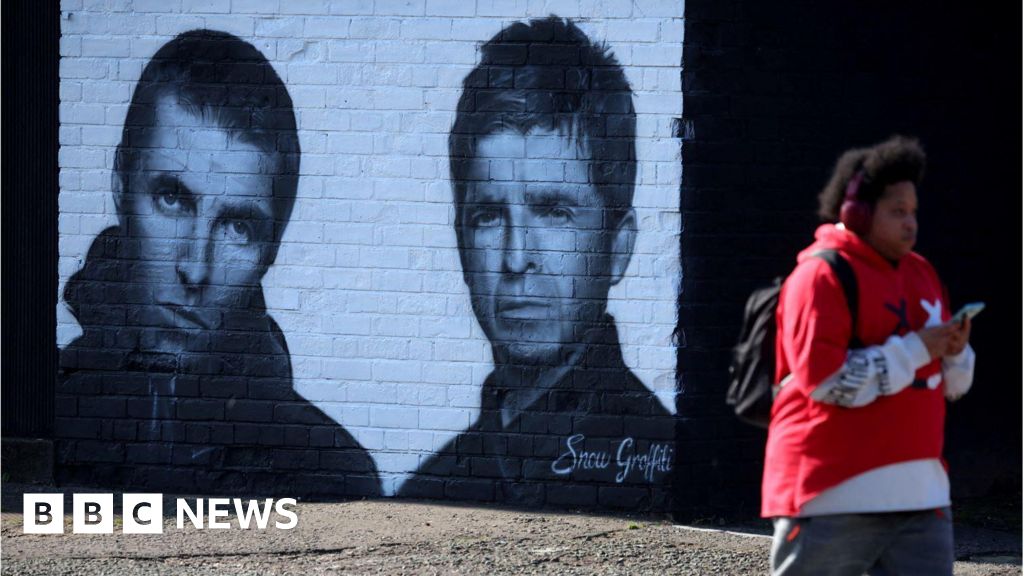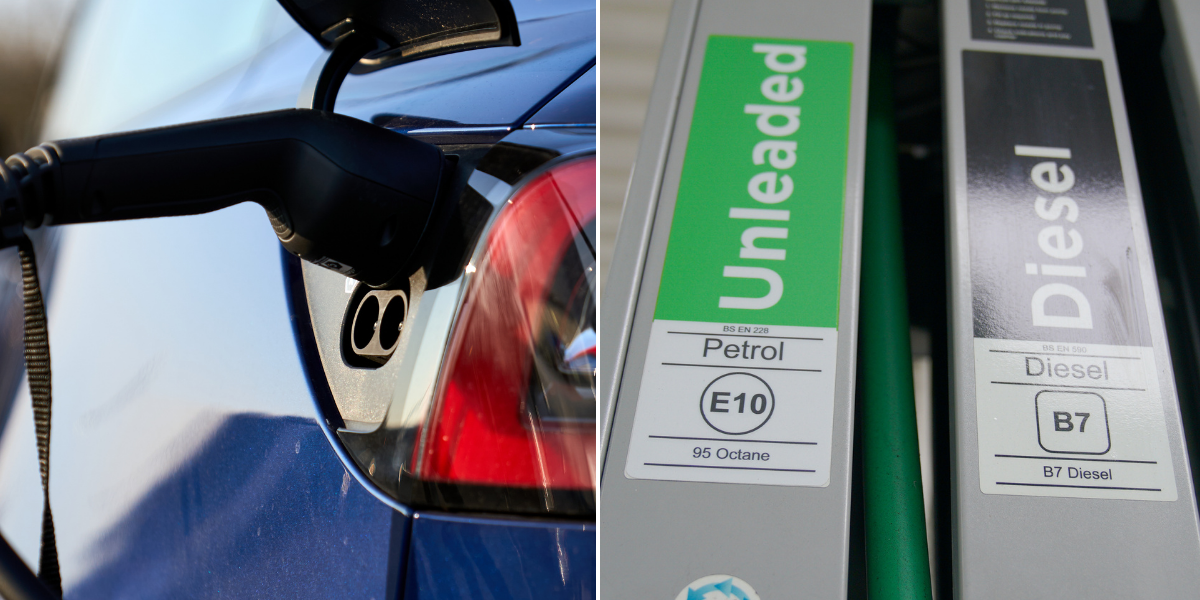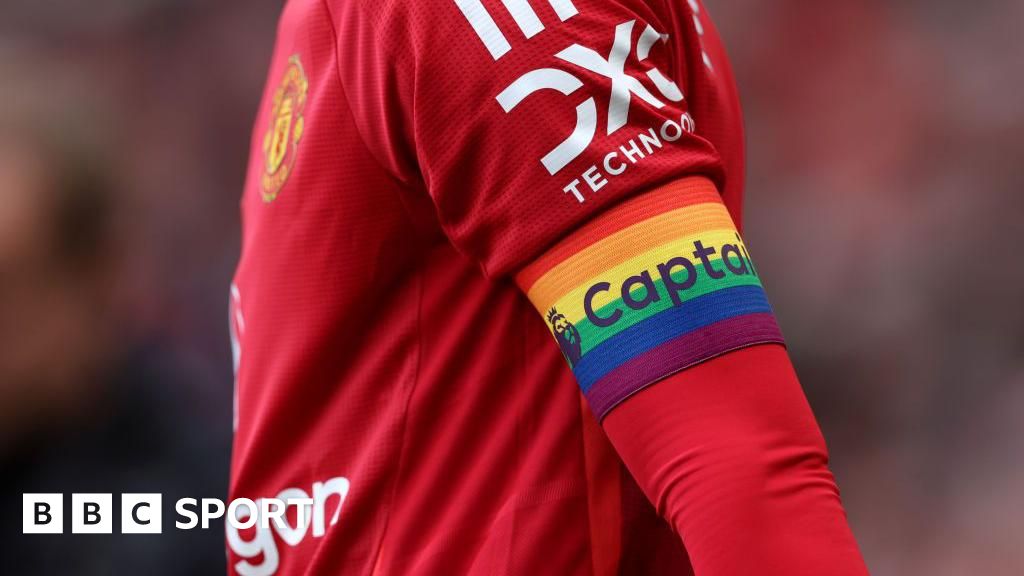On Wintour’s trip to London, she leant in to the comparison, attending the gala performance of the new musical version of the film. There, she told the that it was “for the audience and for the people I work with to decide if there are any similarities between me and Miranda Priestly”.
When we spoke, I wanted to know if she finds the public persona of Anna Wintour – the sharp, bobbed hair, the meticulous outfits, the glasses – a role she feels she has to perform.
“I don’t really think about it,” she says. “What I’m really interested in is the creative aspect of my job.”
Wintour tells me she only brought one or two suitcases with her to London and she won’t be drawn on whether she dresses down when she’s at home in the US. “It’s really about respect in how you present yourself.”
More than one person has told me that nobody ever says ‘no’ to Wintour. Donatella Versace says the same in the recent Disney documentary, In Vogue: The 90s.
Wintour demures. “That is absolutely untrue. They often say no, but that’s a good thing. No is a wonderful word”.
Do you think people are frightened of you, I ask her. “I hope not,” she replies.
Under her leadership, through talent, force of personality and an eye for what sells, Wintour has tried to future proof Vogue, turning it into a global brand. She is also global content advisor for Conde Nast, the magazine’s publisher.
In the modern era, when influencers can take photos of fashion moments and pump them out immediately, Wintour has successfully positioned Vogue as an arbiter of taste and style.








